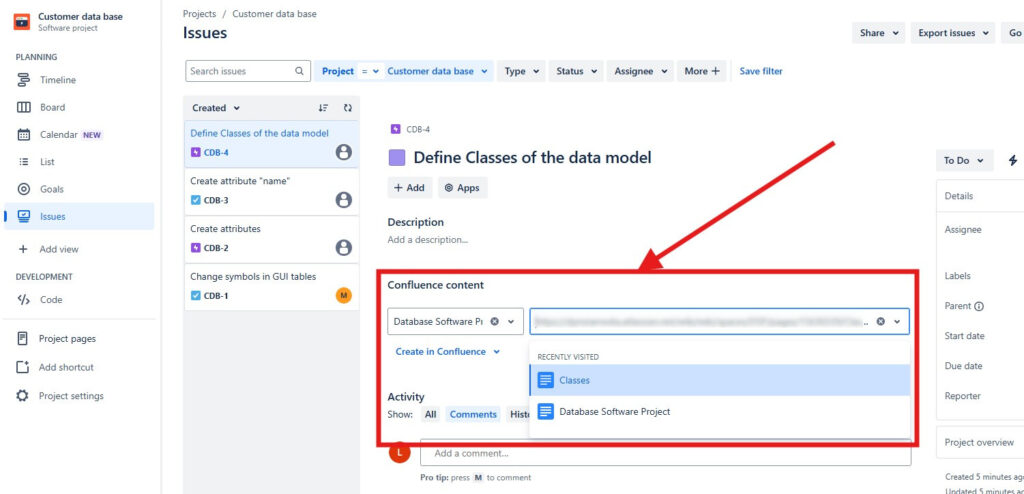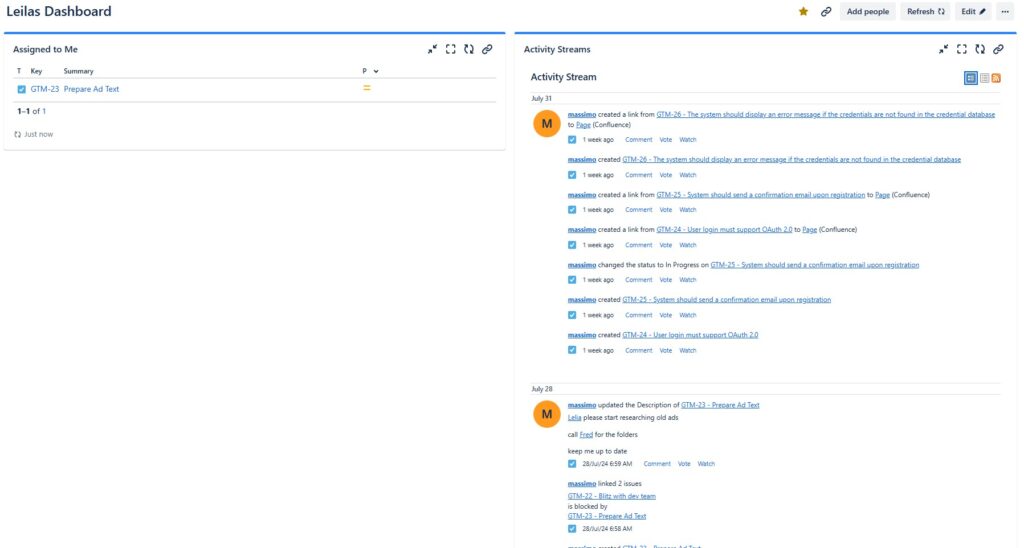As a tech blogger, I often dive deep into the tools that can revolutionize our workspaces. One such tool that has caught my attention is Jira. What are the advantages of using Jira, you ask? Let me break it down in essence for you.
Improved Working Methods and Organization
First and foremost, Jira significantly improves working methods and organization within teams. Especially in agile project management, Jira shines. By offering a clear framework, it helps us stay on track. For example, during a recent sprint planning session, my team and I used Jira to outline tasks. In addition this made it easier for us to allocate resources and monitor progress.
Integration Options with Confluence
Another major advantage of using Jira is its seamless integration with Confluence. This integration allows for comprehensive documentation and collaboration. In one of my projects, we linked Jira issues to Confluence pages. Consequently, everyone had access to up-to-date information and could contribute to the documentation effortlessly.

Fast Processing and Allocation of Tasks
Moreover, Jira excels in fast processing and allocation of tasks. Hence, it leads to more focus and efficiency. Just last month, I managed a complex project with multiple deadlines. Using Jira, I swiftly assigned tasks to team members. As a result, we completed the project ahead of schedule.
Setting Up a Personal Dashboard
Setting up a personal dashboard in Jira is another feature I love. With individual gadgets and various reporting options, I can customize my dashboard to display what matters most to me. For instance, I added a gadget to track issue progress and another for sprint burndown charts. In fact this personalized view keeps me informed and proactive.

Transparency and Issue Progress
Transparency about project-related issues and their progress is crucial. Jira provides this transparency effortlessly. During a recent project, I used Jira to create detailed reports. These reports highlighted the status of each issue, making it easy for stakeholders to stay informed. Consequently, everyone knew what was happening at any given moment.
Email Notifications for Changes
Lastly, Jira offers the possibility to be informed about changes by email. This feature ensures I never miss an important update. For example, when a critical bug was resolved in one of my projects, Jira sent me an immediate notification. This allowed me to communicate the fix to the client without delay.

Conclusion
In conclusion, the advantages of using Jira are plentiful. From improving team organization and agile project management to providing seamless Confluence integration, fast task processing, customizable dashboards, transparency, and timely email notifications, Jira is a powerhouse. These features have transformed the way I manage projects and collaborate with my team. Therefore, if you haven’t tried Jira yet, I highly recommend giving it a shot. It might just be the game changer your team needs.
What are your experiences with Jira? Let me know in the comments!
| Read more about Confluence and How to Create a Space in Confluence Access Confluence and Jira for free Use shortcuts in Confluence Assign a task in Confluence Create a Confluence space from a template |
| Read more about Requirements Modeling Fundamentals Why Model Requirements? Leveraging Applications in Requirements Modeling Modeling Languages for Requirements Modeling Terms and Concepts in Requirements Modeling Requirements modeling vs. design models |